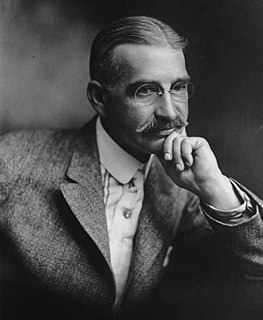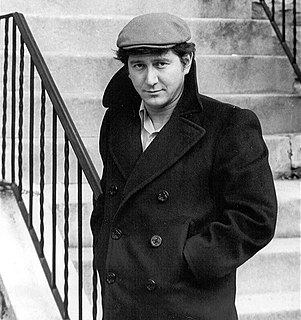A Quote by Leo Tolstoy
Do not resist the evil-doer and take no part in doing so, either in the violent deeds of the administration, in the law courts, the collection of taxes, or above all in soldiering, and no one in the world will be able to enslave you.
Related Quotes
For, owners of their deeds (karma) are the beings, heirs of their deeds; their deeds are the womb from which they sprang; with their deeds they are bound up; their deeds are their refuge. Whatever deeds they do-good or evil-of such they will be the heirs. And wherever the beings spring into existence, there their deeds will ripen; and wherever their deeds ripen, there they will earn the fruits of those deeds, be it in this life, or be it in the next life, or be it in any other future life.
The gods can either take away evil from the world and will not, or, being willing to do so, cannot; or they neither can nor will, or lastly, they are both able and willing. If they have the will to remove evil and cannot, then they are not omnipotent. If they can, but will not, than they are not benevolent. If they are neither able nor willing, then they are neither omnipotent nor benevolent. Lastly, if they are both able and willing to annihilate evil, how does it exist?
As soon as men live entirely in accord with the law of love natural to their hearts and now revealed to them, which excludes all resistance by violence, and therefore hold aloof from all participation in violence - as soon as this happens, not only will hundreds be unable to enslave millions, but not even millions will be able to enslave a single individual.
The modern view of criminal justice, broadly, is that public concern with morality or expediency decrees expiation for the violation of a norm; this concern finds expression in the infliction of punishment on the evil doer by agents of the state, the evil doer, however, enjoying the protection of a regular procedure.
It is indeed surprising that a man inspite of his belief in the Fire of Jahannum is still able to laugh, and inspite of his belief in Maut he is able to be happy. Inspite of believing in the Reckoning, he commits evil deeds. Inspite of believing in Taqdeer, he grieves. Inspite of observing the world with its changes, he feels contented with it. Inspite of believing in Jannat, he refrains from righteous deeds.


































